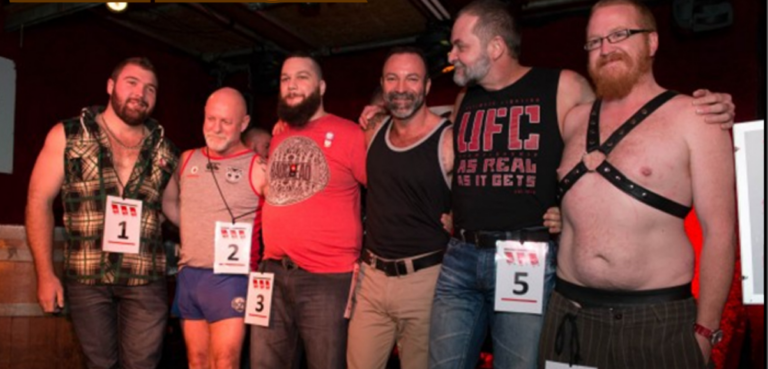
Australian LGBTI carers fear homophobic support services
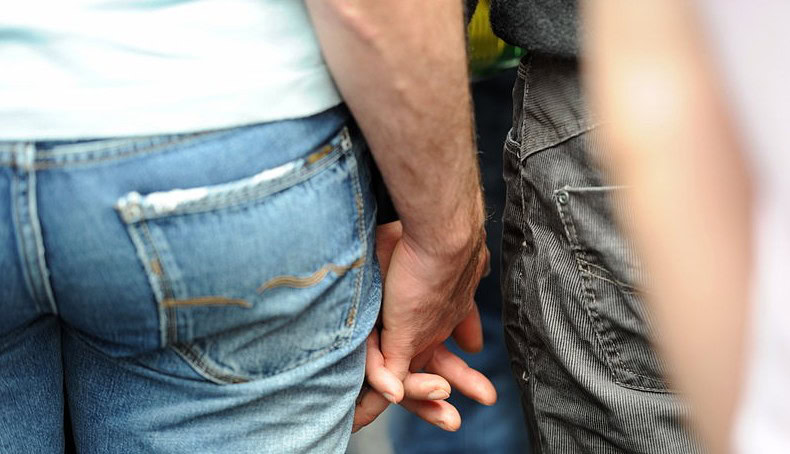
WE all want to look after our friends and loved ones. But what happens when you find yourself actually being a carer for somebody?
It’s more common than you might think. About 2.8 million Australians are unpaid carers. Many don’t really think of themselves as carers—they might simply see themselves as a partner or family member who’s looking after a loved one.
“People don’t realise what they’re doing is caring,” says Hayley Carter from Carers Queensland, a not-for-profit organisation that supports carers. “I had no idea I was a carer, I thought I was just a mum.
“It’s difficult to get people to identify as carers. For some people it creeps up on you. Especially if you’re caring for someone who’s gradually getting sicker, it just becomes your life. It’s what you do when you’re a friend, a daughter, a partner, to help to look after them.”
Being a carer can have a tremendous impact on someone’s life. Carers frequently talk about having less time, energy, money, and social interaction than before.
LGBTI people face unique challenges in relation to care. We may find ourselves caring for family members who are homophobic, or having to navigate support services that aren’t appropriate for our needs.
Older queer and trans folks in particular are more likely to be carers, and to rely on partners or friends for care themselves. Some are reluctant to access aged care services, fearing homophobic or transphobic discrimination.
“Some LBGTI people may not have biological family who will care for them, so in these cases friends can also become carers,” says Hayley.
Jo is a carer for her partner, Lyn, who has an incurable cancer.
“It’s tiring,” says Jo. “I retired 18 months ago. And by that stage I was completely burnt out from work. The whole process of Lyn’s diagnosis and the shocking reality of it sort of finished me off, really.”
Jo’s friends in the gay community have been a tremendous help in managing as Lyn’s carer, providing emotional support and practical help like phone calls and food drop-offs.
“We’ve had incredible support from our friends,” she says. “Our lesbian community is unbelievably wonderful.”
Jo also cares for her frail 90-year-old mother, who lives with her and Lyn. As well as the extra work and stress of looking after her mother, there has been friction between them in relation to Jo and Lyn’s relationship.
“She certainly supports our relationship,” says Jo. “I mean I don’t think she wants to know anything about the sex bit. She is guarded around Lyn. I’ll never know whether it’s about lesbianism or whether it’s about my partner per se… about the personalities involved.”
While Jo acknowledges the support she gets from friends and family, she doesn’t think they see the full story of what being a carer is like.
“I don’t think they get it,” she says. “I don’t think they realise that the vast bulk of my time goes into caring. They don’t see the sort of daily action.”
Jo says she hasn’t yet found the right blend of providing care for Lyn and her mother, and getting the support she needs herself. “I need to actually be a little bit more proactive for myself, for making sure that I have a balance of other activities that are focused on myself as well as other people,” she says.
Jo has found carer support services to be heterocentric. “I mean [their resources] don’t have images of two women together or anything like that,” she explains.
However, she says she and Lyn have been treated “just the same as anybody” and accepted. “Which is exceptional,” she adds.
Mark is his 91-year-old mother’s primary carer. He says looking after his mother’s needs defaults to him, though he finds it “complex” and “stressful”.
“I’ve always balanced a caring role with my queer lifestyle,” Mark says. Looking after his Catholic mother, who disapproves of his sexuality, is “emotionally challenging”.
“I came out, what, 15 years ago, and I went from being the most favoured son to the black sheep in one nanosecond,” says Mark.
“Unfortunately that’s coincided with the need for more contact [as her carer]. So there’s an ambivalence there that I think we both struggle with.
“On the one hand she disapproves of who I am and what I do, and probably thinks I’ll be burning in hell, and on the other hand she needs my support more and more.”
Mark doesn’t think enough information and services are around for carers like him. He believes “life as a single gay man” doesn’t always prepare people for a role as a carer.
“You know, it’s funny you can pick up a pamphlet on safe sex, or a pack of condoms, but there’s nothing on the responsibilities of being a gay carer or the support available,” he says.
“Queer folks need to know stuff around carer’s allowance and residential respite and all those carer support systems that are out there, that we’re entirely eligible for but which we don’t know about.”
Mark believes getting “more into the carer support system” would help him. He would prefer to access services specific to the needs of gay carers like himself, rather than just being treated the same as everyone else.
“I wouldn’t go to a generic carer’s group,” he says. “I wouldn’t find that useful. It would be good to meet other gay men who are in the caring role.
“I think carers’ organisations and other players need to get their act together and actually have more of a proactive approach.”
Jo and Mark’s stories are not unusual. With an estimated one in eight people being unpaid carers, a significant number of LGBTI people have a caring responsibility for a loved one.
Over a quarter of carers who are queer or trans, or looking after someone who is, say they’ve delayed accessing services they need out of fear of discrimination.
Carers Queensland is working towards Rainbow Tick accreditation to reflect being a “safe and culturally appropriate” support provider for the community.
The Rainbow Tick is a national recognition that provides LGBTI people with an assurance that a service is inclusive and responsive to their needs. Other organisations that have earned the tick include community health and family groups.
Carers Queensland hopes to become the first dedicated carer support organisation with Rainbow Tick accreditation.
“Research shows LGBTI people who are carers are often unwilling to seek support, for fear of discrimination,” says Hayley.
Carers Queensland offers support, including free counselling and a telephone advisory service, to carers from all parts of the community. Specific groups such as young carers are well supported by special carer support services and dedicated staff.
The extra help for young people is necessary to support the huge number of unpaid carers aged under 25—an estimated 300,000 across Australia, or one in four kids in an average classroom.
Similar services to support carers exist in the other states and territories, under the umbrella of Carers Australia.
Hayley says Carers Queensland staff are open-minded and inclusive, and the organisation is working to learn how to work best with different groups, including LGBTI people.
“The old thinking was that we treat everyone the same,” says Hayley. “But we need to do more than treat everyone the same. We need to acknowledge the history and culture of the groups we support.
“We’ve grown as an organisation and we’re now challenging our ideas and practices. We need to do a lot more.
“Business as usual isn’t good enough.”
Carers Queensland has previously taken steps to become a safe and appropriate service for supporting Indigenous carers. The organisation worked with Reconciliation Australia to develop a reconciliation action plan and ensure all staff have the cultural knowledge and competence to work with Indigenous people.
“Everyone in the organisation has had cultural competence training,” says Hayley. “We now have Indigenous working groups run by Indigenous carers. Staff attend Reconciliation Week events, and we’re working towards including Indigenous cultural competency in everyone’s KPIs.”
The recognition by Reconciliation Australia has been an important first step in an ongoing process of maintaining cultural appropriateness to support Indigenous carers. Likewise, Rainbow Tick accreditation will be the first step towards establishing Carers Queensland as a support provider of choice for the LGBTI community, says Hayley.
“Our mission is to improve the quality of life for all Queensland carers,” she says. “Our motivation is inclusiveness of all groups and meeting the needs of whole community.”
Hayley says her organisation is working to find out what kind of service the LGBTI community need and would like it to be.
“As part of the accreditation, we need to carry out some research to find out the community’s experience of accessing social and health support services,” says Hayley. “That will then feed into how we reshape our service to meet the needs of our LGBTI carer community.”
Sarah Walbank, a policy officer with Carers Queensland, is part of the drive towards achieving Rainbow Tick accreditation.
“It’s about diversity,” Sarah says. “When people think of carers, they think of older people, women.” However, responsibility for caring for someone can affect anybody, she says, and LGBTI people are no exception.
Sarah says all staff will receive specific training for working with LGBTI people. As an initial step, Carers Queensland is consulting with its members and clients, as well as other LGBTI carers, to determine how they can best meet the needs of the community.
If you’re a carer, you can provide your input for Carers Queensland’s LGBTI survey until the end of January.
If you would like support, contact your state or territory Carers Association.
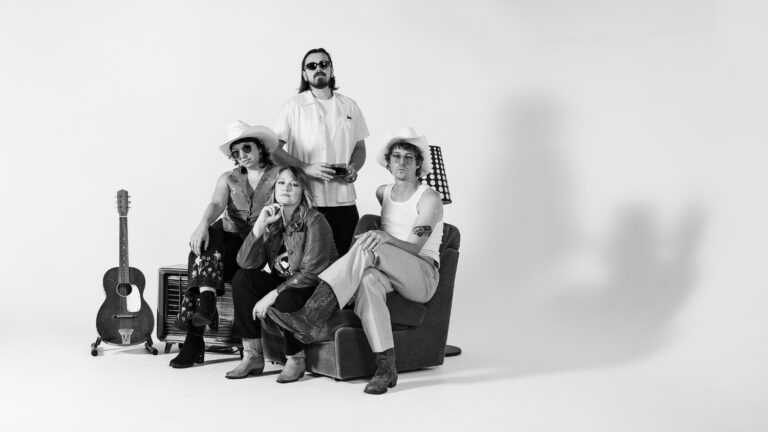
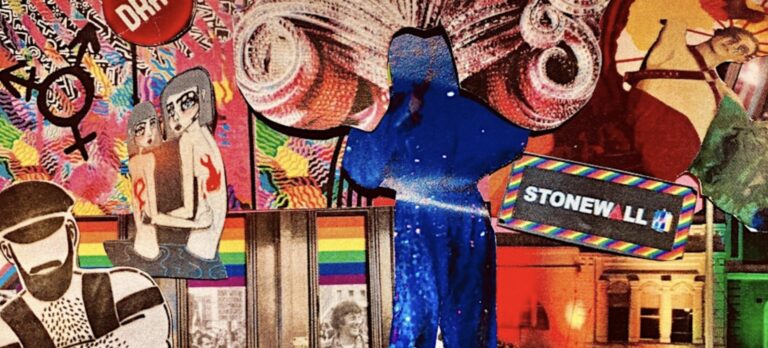
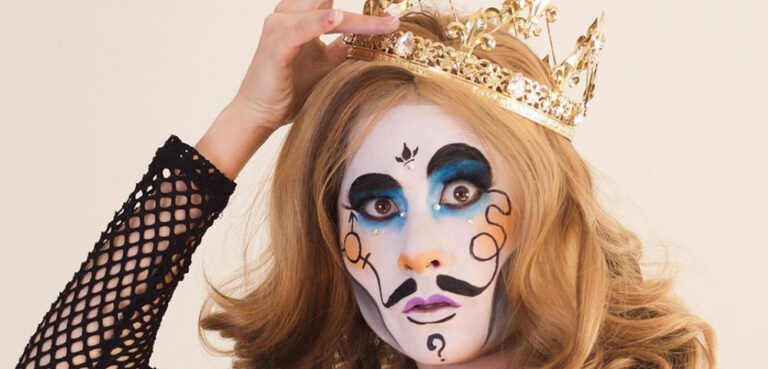
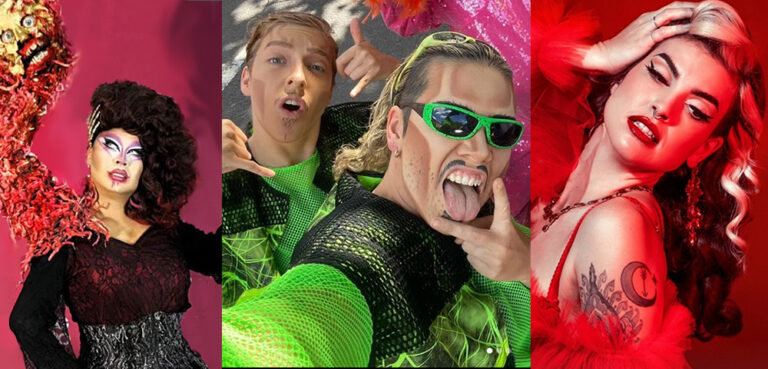
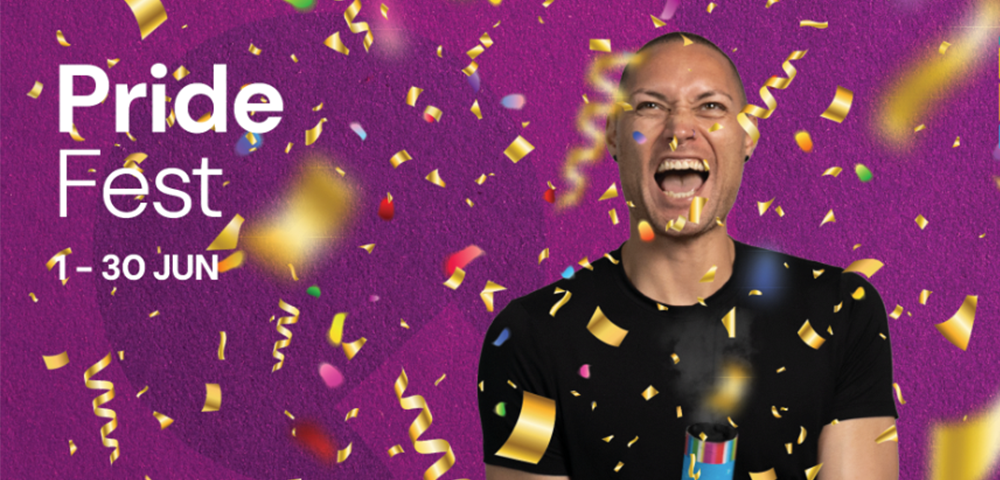
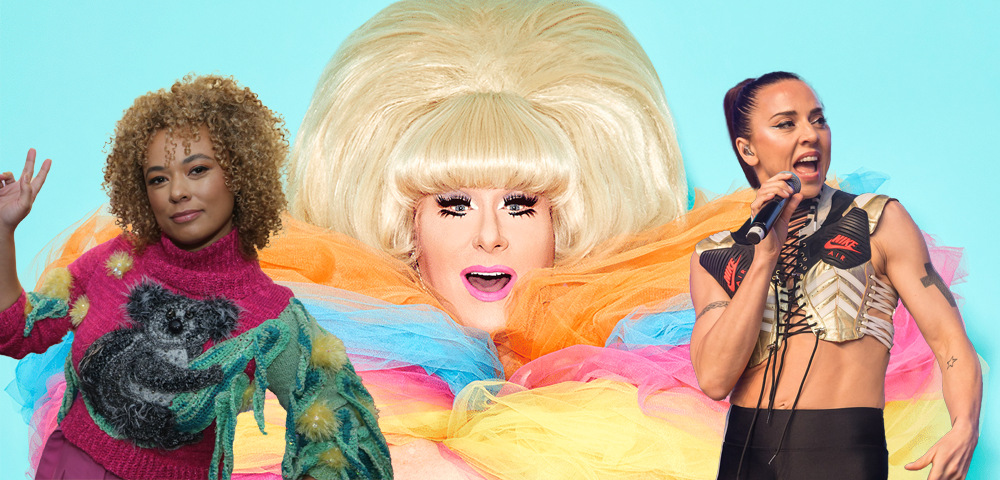
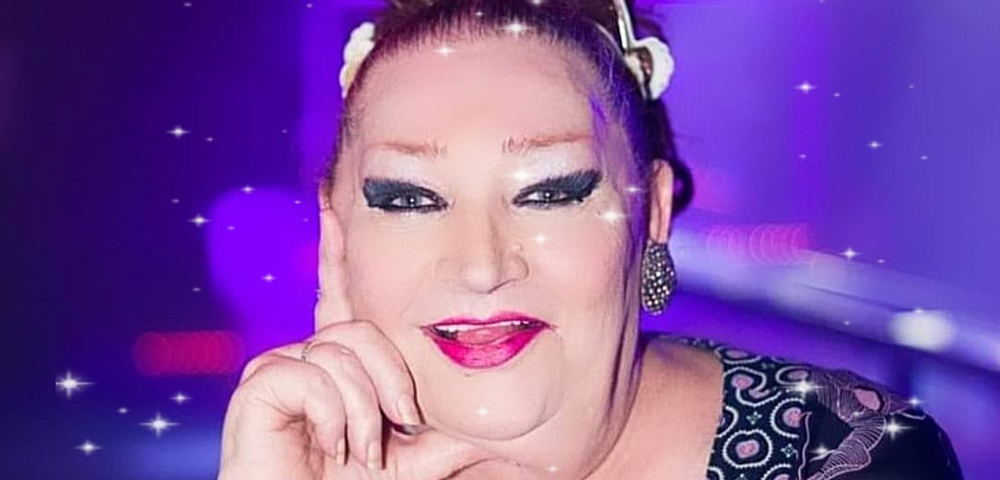


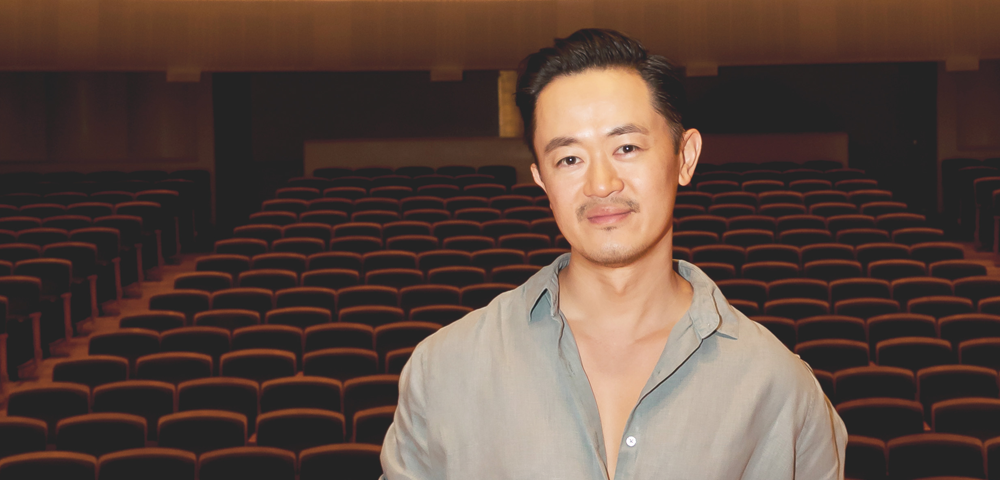
My partner and I went through several years of hardship when he became seriously ill; I needed to become his full-time carer – particularly for two years, so we both became pensioners. During that double-whammy of his major health-issues and us trying to live on welfare, it was recommended that we contact St Vincent de Paul’s assistance department in Katoomba NSW, initially, while we waited for Centrelink to find the paperwork we submitted a few weeks beforehand (and we only had a total of 65 cents to our name at that desperate stage). Because of the circumstances, it was understood that we were a gay couple; but that gave us no grief whatsoever; they were very helpful, gave some ‘insider’ information useful to those who need much help, and were genuine when they asked how my partner was in my subsequent visits. So, there are some helpful mainstream organisations out there who are happy to assist and support those of us from the Rainbow Community; it’s just a pity that some are selective in who they’ll help.